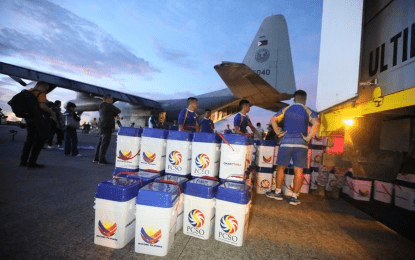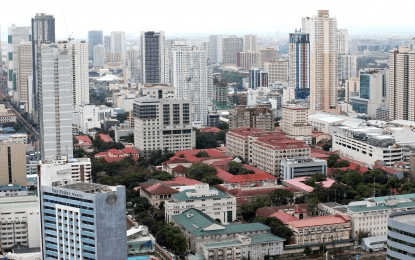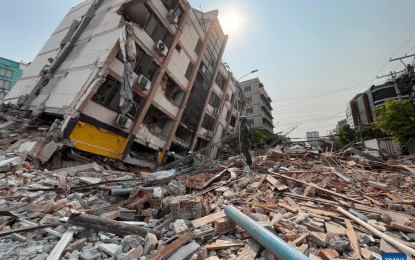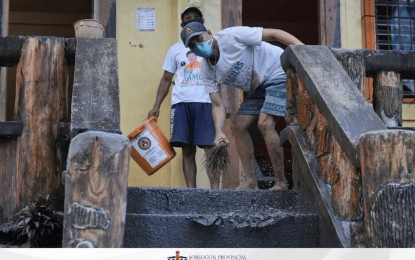By Ruth Abbey Gita-Carlos
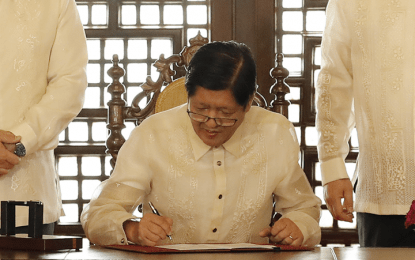
MANILA – President Ferdinand R. Marcos Jr. has signed a law prohibiting the development, production, stockpiling, and use of chemical weapons.
Under Republic Act (RA) 12174 inked by Marcos on April 15, it is prohibited to develop and use chemical weapons; finance its production and use; transfer domestically or by cross-border movement, directly or indirectly, precursors and scheduled chemicals without the necessary license or permit.
RA 12174 designates the Anti-Terrorism Council (ATC) as the Philippine national authority on the Chemical Weapons Convention.
The ATC will serve as the national focal point for effective liaison with the Organization for the Prohibition of Chemical Weapons (OPCW) and other States Parties to fulfill the country’s commitments under the Convention on the Prohibition of the Development, Production, Stockpiling, and Use of Chemical Weapons and on their Destruction, otherwise known as the Chemical Weapons Convention.
It is also prohibited to engage in any military preparation with the use of a chemical weapon; assist or induce a person to engage in similar activity; use a riot control agent as a method of warfare; and export or import Schedule 1 chemicals to or from a state not a party to the Convention.
Chemical weapons refer to one or a combination of toxic chemicals and their precursors; munitions and devices designed to cause death or harm; and any equipment specifically designed to be used directly for the employment of munitions and devices, according to RA 12174.
RA 12174 mandates the ATC to ensure proper elucidation and representation of the country’s policy on the non-proliferation of chemical weapons, in coordination with the Philippine Permanent Representative to the OPCW.
It is also directed to develop rules and regulations and formulate policies, concerning the production, processing, consumption, importation, exportation, in-country transfer, use, and proper disposal of scheduled chemicals and facilities, and production facilities of other chemicals not included in the scheduled chemicals of the Convention’s Annex on Chemicals.
The ATC is also tasked to create committees, sub-committees, and advisory boards, as well as designate local inspectors and specify their required qualifications, trainings, and functions.
The law also orders the ATC to cause or direct the investigation of violations of laws concerning chemical weapons, as well as support capacity-building initiatives and information campaigns on chemical safety and security.
The law also imposes penalties to violators, including a fine of up to PHP5 million and imprisonment of up to 20 years.
Chemical weapons found anywhere in the Philippine territory or jurisdiction will be forfeited in favor of the national government through the ATC.
The immediate disposal of seized chemical weapons will be given utmost priority, based on RA 12174.
The new law, which was made public on Friday, takes effect 15 days after its publication in the Official Gazette or in a newspaper of general circulation. (PNA)

